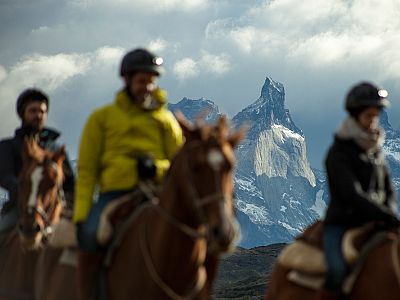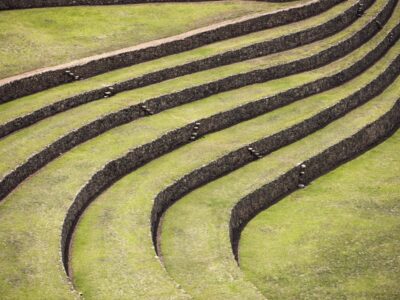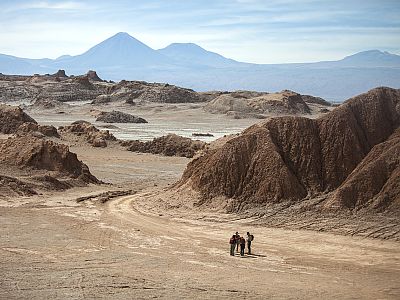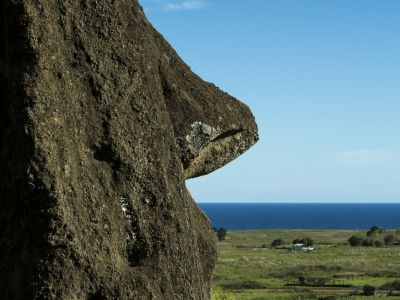Easter Island
Easter Island, Chile
Travel Tips
How to get there
From Santiago, Chile, you must take a connection flight to Easter Island (Rapa Nui) with a 5 hour duration. From Mata Veri airport, our staff will transport you by van to Explora, a journey of only 15 minutes.*
*Exclusive for programs with transfer included.
You can opt for a private transfer, which has an additional cost. Please contact your reservation executive or get in touch with reserve@explora.com prior to arrival for availability.
Last-minute flight changes less than 24 hours before check-in may carry an additional cost for travelers if an exclusive transfer is required to pick them up because of that change.
Check-In & Check-out
Check-in: After 13:00
We recommend arriving at noon for an afternoon exploration.
Check-out: 10: 00
We want you to be able to maximize your time during your stay, which is why the possibility of going on a half-day exploration on your check-out day before leaving for the airport (if your flight schedule allows) has been considered.
In this case, you will have to check out at 07:00 before going out to explore, while we watch your bags.
* Lunch service is not included on the day of check-out and is available at an additional charge per person.
**If you want to access to a late check-out for your own convenience, we recommend that you consult availability and rates with our team.
How to get there
How to get there
From Santiago, Chile, you must take a connection flight to Easter Island (Rapa Nui) with a 5 hour duration. From Mata Veri airport, our staff will transport you by van to Explora, a journey of only 15 minutes.*
*Exclusive for programs with transfer included.
You can opt for a private transfer, which has an additional cost. Please contact your reservation executive or get in touch with reserve@explora.com prior to arrival for availability.
Last-minute flight changes less than 24 hours before check-in may carry an additional cost for travelers if an exclusive transfer is required to pick them up because of that change.
Check-in & Check-Out
Check-In & Check-out
Check-in: After 13:00
We recommend arriving at noon for an afternoon exploration.
Check-out: 10: 00
We want you to be able to maximize your time during your stay, which is why the possibility of going on a half-day exploration on your check-out day before leaving for the airport (if your flight schedule allows) has been considered.
In this case, you will have to check out at 07:00 before going out to explore, while we watch your bags.
* Lunch service is not included on the day of check-out and is available at an additional charge per person.
**If you want to access to a late check-out for your own convenience, we recommend that you consult availability and rates with our team.
Required
for all activitiesExplora provides travelers with trekking poles, helmets and bikes and give them a water bottle.
- A hat for the sun
- 1st layer: Upper and lower
- 2nd layer: Fleece
- 3rd layer: Waterproof jacket
- Short- and long sleeve t-shirts
- Thin fleece
- Hiking trousers and shorts.
- Hiking shoes
- Long hiking socks
- Sunglasses
- Buff or protective neckwear
- Small backpack (25 liters)
- Sunscreen
Optional
for all activities- Swimsuit
- Sandals
- Camel back
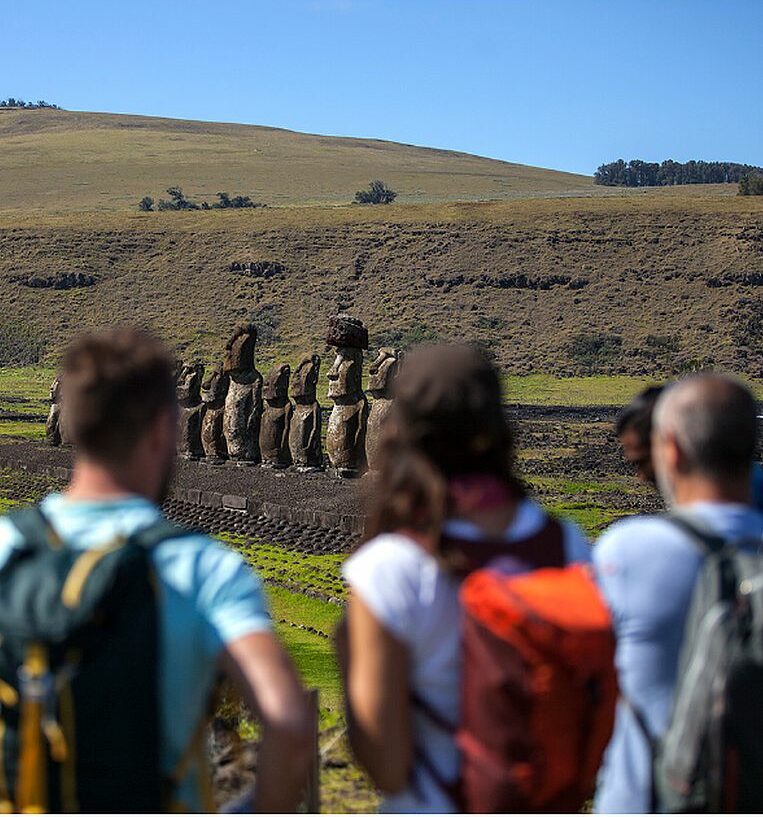
Climate of Rapa Nui
Rapa Nui has a warm, moderately humid climate, ideal at any time of the year.
The average annual temperature is 21ºC, February being the warmest month, with 27ºC as the average maximum temperature.
Rainfall is sporadic and brief, and spread throughout the year, reaching an annual average of 1.140mm. The average relative humidity is 76%.
Tapati: Respecting ancestral traditions
This festival is the most representative of the Rapa Nui culture. During 10 days in February, the inhabitants and travelers that visit the island are divided into competing teams. The team with the highest score after a collection of competitions is the winner, and their candidate is declared Queen of Tapati.
There are competitions such as the Vaka Tuai, in which each team must make a traditional polynesian canoe out of cattails, and navigate with their candidate for queen, dressed in ancestral fashion; the Takona, in which the participants paint their bodies with natural pigments and then describe the meaning of their paintings in front of the community; the Tau’a or triathalon; and the Haka Pei, in which the competitors are launched down a hill on toboggans fashioned from banana tree trunks, reaching speeds of 80km/h.
Wi-Fi and voltage
- Because we are in remote areas, Wi-Fi access in rooms and common areas is limited.
- The voltage in Easter Island is 220V.
Tips
Tips are voluntary. If you wish to leave any, you can do so at the hotel reception at the end of your stay. It will be distributed among all those who contributed to making your trip a unique experience. We suggest leaving USD 100 per day per room.
Climate
Climate of Rapa Nui
Rapa Nui has a warm, moderately humid climate, ideal at any time of the year.
The average annual temperature is 21ºC, February being the warmest month, with 27ºC as the average maximum temperature.
Rainfall is sporadic and brief, and spread throughout the year, reaching an annual average of 1.140mm. The average relative humidity is 76%.
Local Festival
Tapati: Respecting ancestral traditions
This festival is the most representative of the Rapa Nui culture. During 10 days in February, the inhabitants and travelers that visit the island are divided into competing teams. The team with the highest score after a collection of competitions is the winner, and their candidate is declared Queen of Tapati.
There are competitions such as the Vaka Tuai, in which each team must make a traditional polynesian canoe out of cattails, and navigate with their candidate for queen, dressed in ancestral fashion; the Takona, in which the participants paint their bodies with natural pigments and then describe the meaning of their paintings in front of the community; the Tau’a or triathalon; and the Haka Pei, in which the competitors are launched down a hill on toboggans fashioned from banana tree trunks, reaching speeds of 80km/h.
Wi-Fi and voltage
Wi-Fi and voltage
- Because we are in remote areas, Wi-Fi access in rooms and common areas is limited.
- The voltage in Easter Island is 220V.
Tips
Tips
Tips are voluntary. If you wish to leave any, you can do so at the hotel reception at the end of your stay. It will be distributed among all those who contributed to making your trip a unique experience. We suggest leaving USD 100 per day per room.
Discover Our Destinations
Endless revelations and possibilities await.
